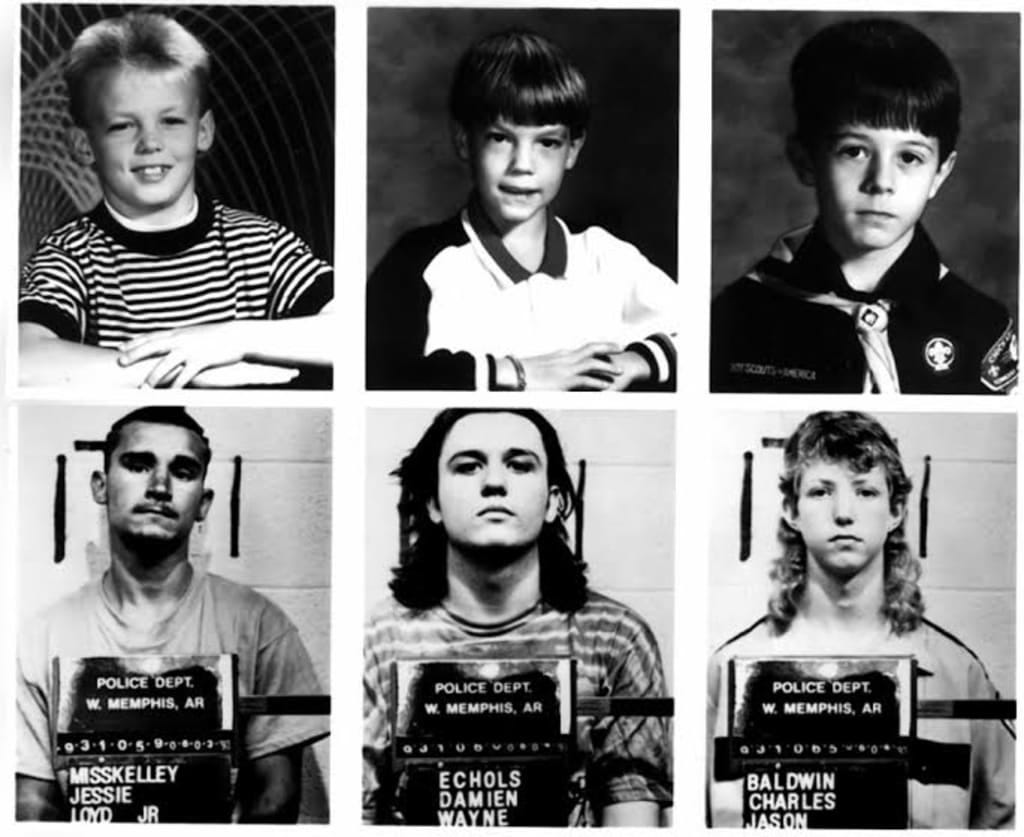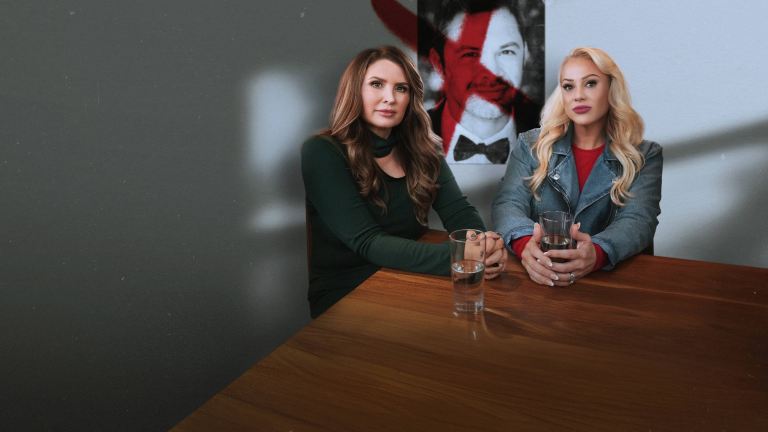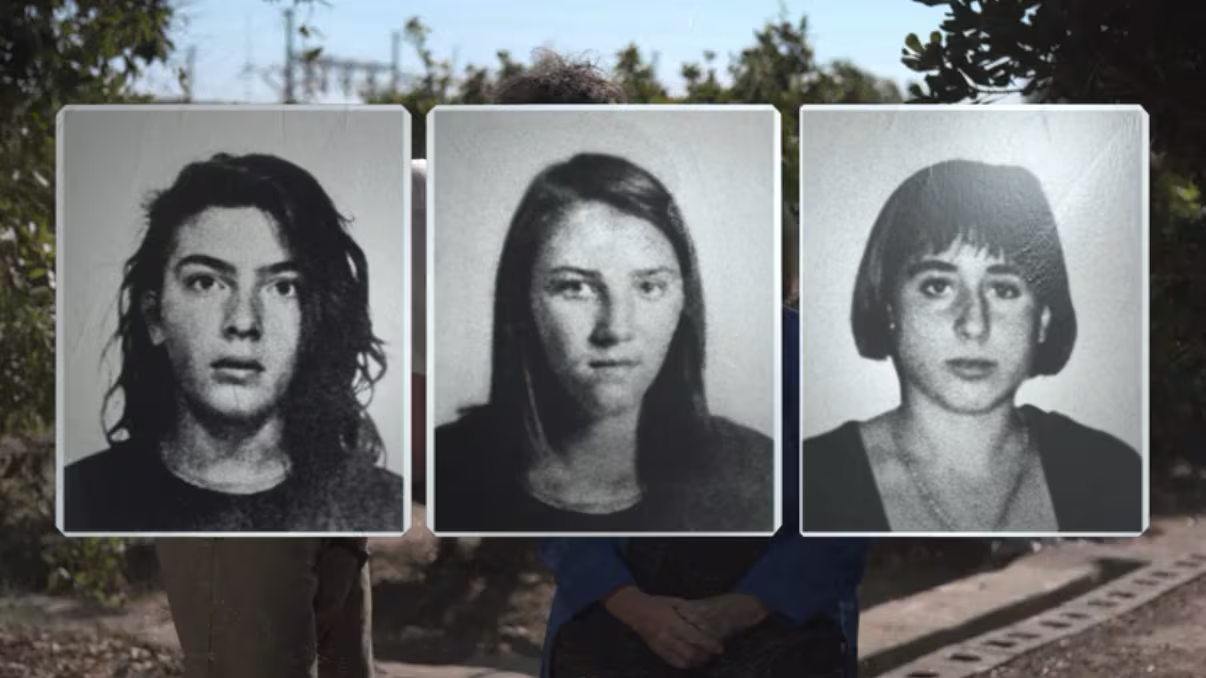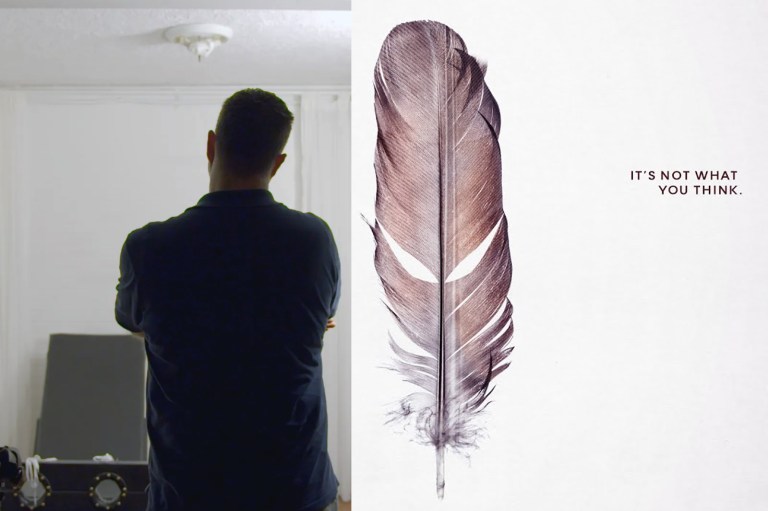
Two Decades Later, Reddit Is Still Losing It Over A Documentary So Sickening They Can’t Even Watch It Twice
By Erin Whitten
If a documentary made in the mid-’90s can spawn Reddit threads that have redditors losing their minds with disgust and disbelief decades later, it must be a special kind of film. Paradise Lost is a special type of frustration, no doubt. This HBO true crime trilogy directed by Joe Berlinger and Bruce Sinofsky so unbelievably unravels our faith in the American justice system that many viewers still get nauseous while watching it today, more than 20 years after it was first released. It seems that every few months on the platform, a user stumbles across it for the first time, expresses their opinion that it’s “infuriating” and “soul-crushing,” and begins a tirade in the comments about how a system so many Americans once trusted could’ve possibly failed so hard.
The Paradise Lost documentaries tell the twisted and disturbing tale of how three eight-year-old boys named Steve Branch, Christopher Byers, and Michael Moore were found murdered in West Memphis, Arkansas, in 1993. No physical evidence or viable suspects were found, and as a product of the Satanic Panic, the West Memphis Police Department arrested Damien Echols, Jason Baldwin, and Jessie Misskelley Jr. Echols was targeted by the local police because he was seen by his peers wearing all black, writing dark poetry, and having an affinity for metal music. Misskelley was deemed a viable suspect because he was interrogated for a long period of time by the police and ended up giving a coerced confession, which ultimately led to his and the other two teenagers’ convictions.
Paradise Lost: The Child Murders at Robin Hood Hills not only focuses on the young men’s trials but the community who became so entrenched in mass hysteria, religion, and fear over a few missing children. As many folks have commented over the years, it’s almost comically unbelievable to see this case play out in the documentary, so ridiculous and so outlandish, so unjust, that it defies explanation. Simply put, people lose their shit when they watch Paradise Lost because it’s infuriating to think that the murder case of three innocent little boys could ever turn into such a travesty.
To the surprise of the documentary’s creators, by the time the second installment, Paradise Lost 2: Revelations, came out, the people had begun to change their minds. Well-known musicians such as Metallica, Eddie Vedder, and Patti Smith all spoke out on the case and started The West Memphis Three Defense Fund, a non-profit that helped to raise money for the three young men’s legal representation and started a public awareness campaign to demand a re-trial. The HBO special that began as a limited-audience courtroom exposé suddenly had a bigger platform than many of its audience had ever seen and started to enact change with a conviction that not only impacted the West Memphis Three but also raised serious questions about the nation’s judicial process and media bias.
By the time Paradise Lost 3: Purgatory was filmed and released, the three young men had a new opportunity at a retrial, one that was grueling and all but impossible to pursue for any human, let alone three kids who were so young when it all began. In 2011, the West Memphis Three came out of prison, were freed on an Alford plea that technically still found them guilty, and the trilogy came to an end.
It was so hard for even the seasoned documentarians to watch, as expressed by many commenters who’ve come back to watch the documentary on Max since its release, that the last 15 minutes of Paradise Lost 3: Purgatory is just as bad as the other two. As the documentary slowly cuts to black, ending with the three West Memphis Three walking away to freedom in a scene shot so cinematically that viewers can’t help but become emotional in its power, Fans of the series new and old come together to re-experience an ending that leaves many still feeling like it’s “unjust” and “the hardest part to stomach.”
For most people, Paradise Lost still has a special kind of impact on true crime fans that few documentaries or series have been able to muster before or since. It made viewers question everything they thought they knew about the American justice system and made them so much more aware of what can happen behind closed doors of a police interrogation room, of what can happen when physical evidence is misused or overused, of what can happen to the people involved, to the families who just want justice, to the defense teams working to prove their innocence. Paradise Lost will always be one of the most sickening documentaries to ever grace HBO, simply because so little has changed in the way the American justice system works today and probably always will.











